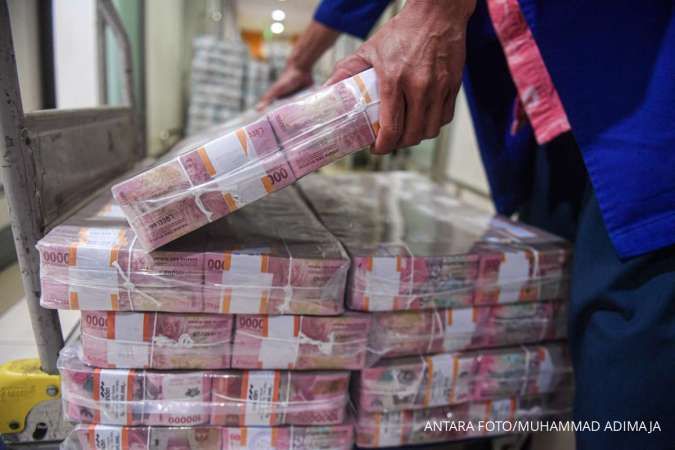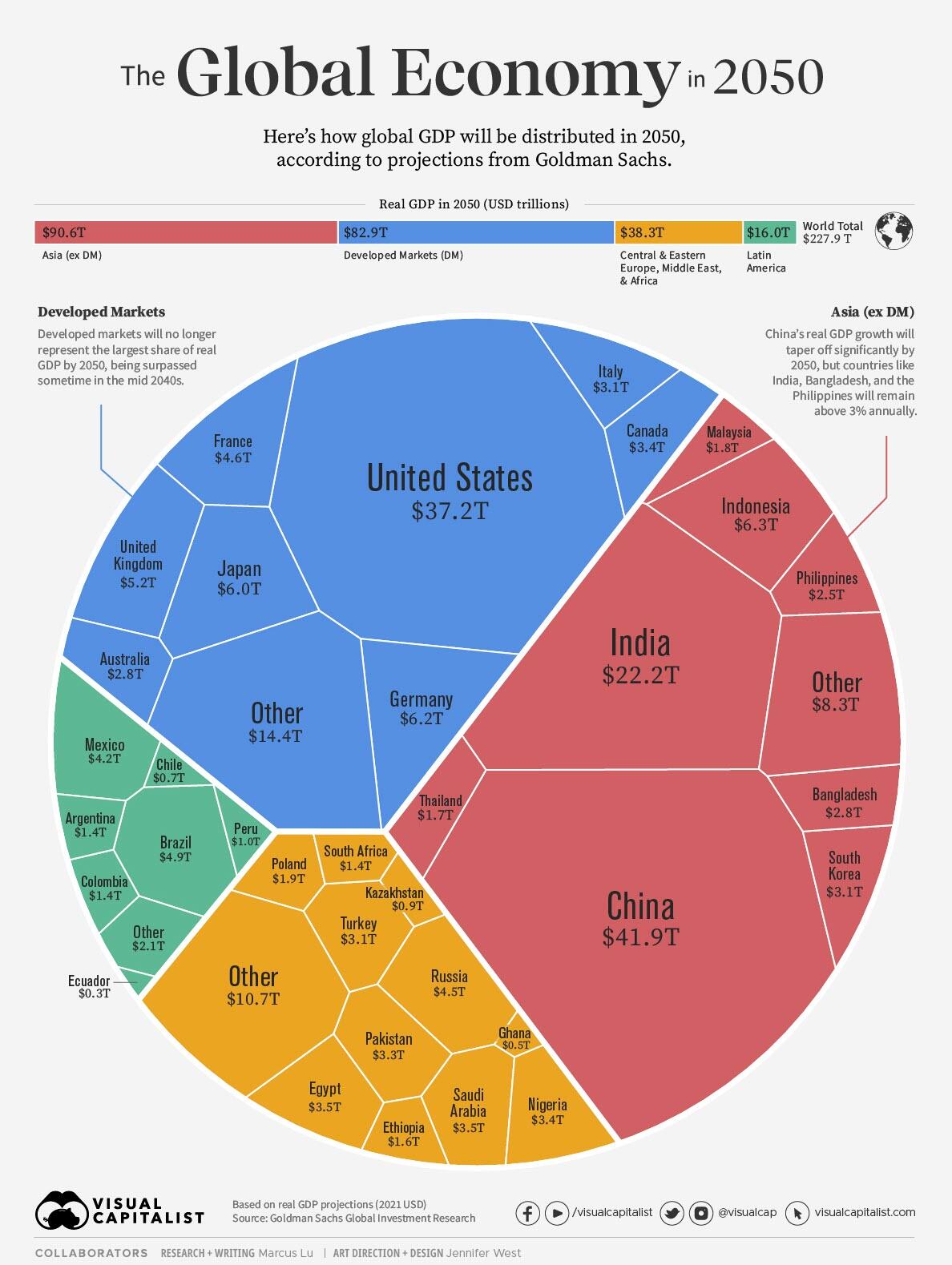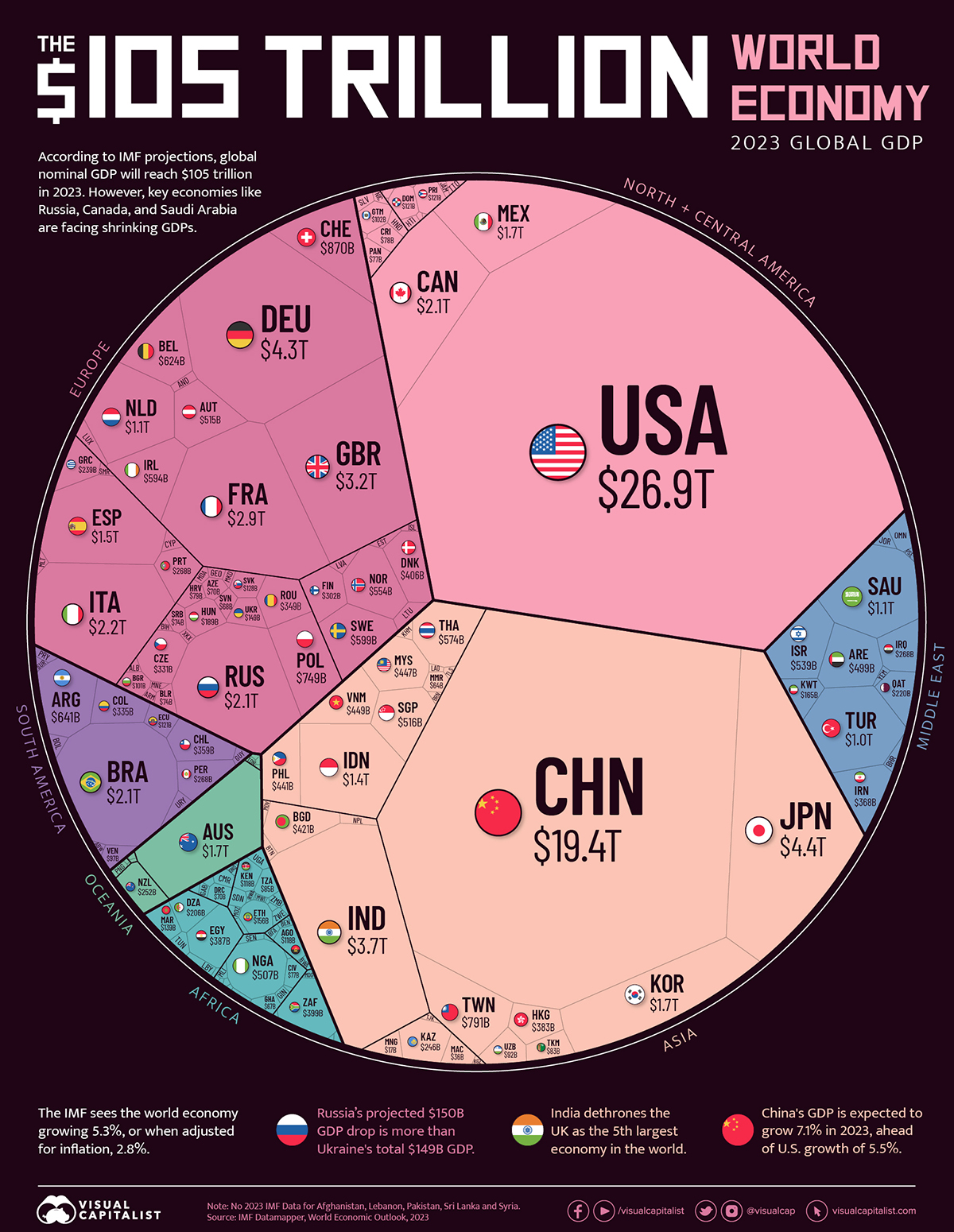Table of Contents
- IMF Pertahankan Proyeksi Pertumbuhan Ekonomi Indonesia 5% di 2024 dan 5 ...
- Gdp In 2025 - Miran Jesselyn
- BERNAMA - BUDGET 2025 SET TO SEE SUBSTANTIAL INCREASE IN ALLOCATIONS ON ...
- Global economy will continue to grow solidly in 2025 despite trade ...
- The Market Economy In 2025: A Visualization Exercise | Fasanara Capital
- Quels défis pour l’économie mondiale en 2025 ? - Le Blog du CEPII
- Visualizing The Future Global Economy By GDP In 2050 | ZeroHedge
- Visualizing the 5 Trillion World Economy in One Chart – Visual ...
- concept of economic growth in 2025. development and improvement of ...
- Indonesia’s 2025 Budget and Economic Outlook - ISEAS-Yusof Ishak Institute



The Tariff Conundrum



Impact on US Economy




Economists' Predictions
Many economists are predicting a recession or weak growth in the US economy due to the tariffs. According to a recent survey, over 70% of economists believe that the tariffs will have a negative impact on the US economy. Some of the predictions include: Recession in 2020: Some economists predict that the US economy could enter a recession in 2020, with the tariffs being a major contributing factor. Weak growth: Others predict that the economy will experience weak growth, with the GDP growth rate slowing down to around 1-2% in the coming years. The trade tensions and tariffs imposed by the Trump administration have sparked concerns among economists, who are predicting a possible recession or weak growth in the US economy. While the intention behind the tariffs is to protect American industries and jobs, the consequences could be far-reaching and devastating. It is essential for policymakers to consider the potential impact of their decisions on the economy and work towards finding a solution that benefits all parties involved. As the trade tensions continue to escalate, one thing is certain – the US economy is in for a bumpy ride.Keywords: trade tensions, Trump tariffs, US economy, recession, weak growth, economists' predictions, inflation, consumer spending, job losses.